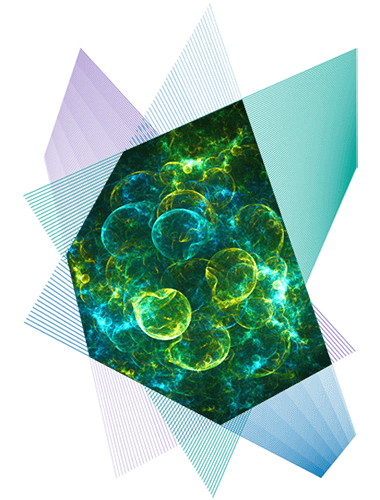Quantum Simulation
Bringing innovative solutions to quantum simulation and artificial intelligence.
Coordinator
Alessio Celi
Description
Quantum simulators are special purpose quantum computers capable of solving complex problems inaccessible to classical computers. The quantum advantage of ultracold atoms, which are the most advanced experimental platform for quantum simulation currently available, with respect to classical devices has been demonstrated in a number of research laboratories during the last 15 years. These achievements remain however limited to a handful of fundamental quantum physics problems, and could only be obtained by specialized research teams operating complex machines in a dedicated research laboratory environment.
Our modern society is confronted on a day-to-day basis by increasingly complex problems, such as traffic optimization, search and recognition problems or drug and material design, to cite just a few examples. Our vision is that quantum simulators constitute a disruptive quantum technology with the potential of answering such needs. The mission of QUASI-CAT (Cold Atom QUAntum SImulators in CATalonia) is to boost ultracold atom quantum simulator technology, in order to make the transition from the research to the industrial environment possible in the coming years and, at the same time, to dramatically expand the community of quantum simulator end users. To reach these long-term goals, a consortium of theoretical and experimental research groups of the Barcelona region will work on concrete tasks that involve both a theoretical and an experimental component, corresponding to software and hardware developments for the quantum simulator. Such developments will lead to the construction of an optimal quantum simulator prototype (based on ultracold strontium in optical tweezers) equipped with quantum software, and applicable to problems of commercial interest in the near future.
Objectives
- Identify quantum problems that can be solved more efficiently with a quantum simulator, and map them into classical problems of societal and industrial relevance (in collaboration with industrial partners AIA and Everis).
- Design suitable implementations of such problems in an optimal quantum machine (the quantum simulator). Develop quantum learning schemes, hybrid classical-quantum optimization protocols, and novel tools to improve the readout of quantum simulator results.
- Design the quantum machine, optimizing its performances in terms of reliability, repetition rate, modularity, scalability, flexibility, possibility to implement real-time feedback and ability to compete with other quantum simulation and computation platforms.
- Construct a prototype of optimal quantum simulator.
- Develop the technology of some crucial components for the quantum simulator, and reinforce the corresponding supply chain (in collaboration with industrial partners COSINGO and Keysight).
- Benchmark quantum simulator against classical computer simulations.
- Develop quantum certification methods to quantify the quantum advantage of the quantum simulator.
